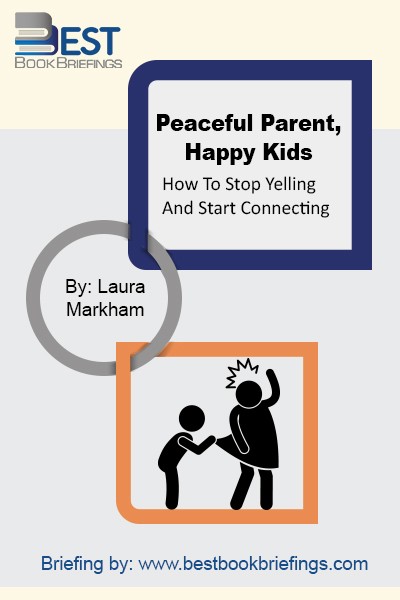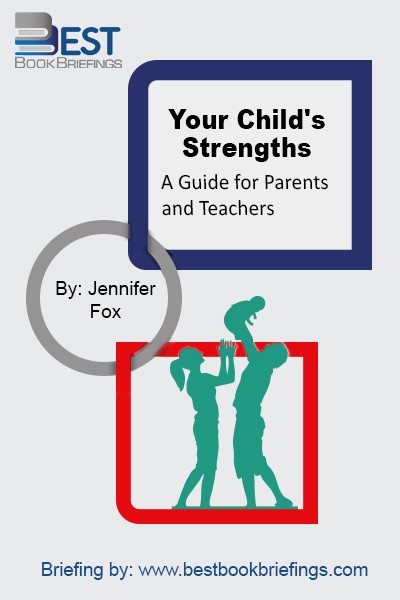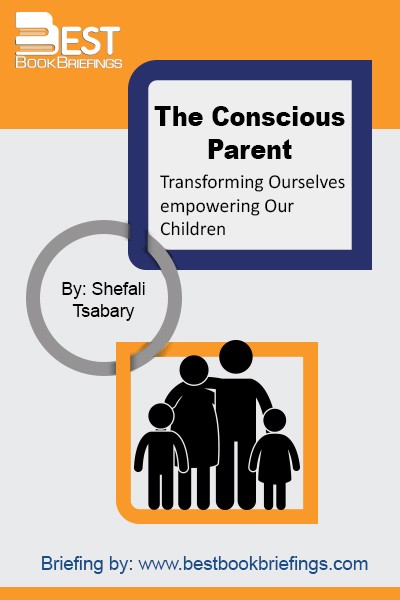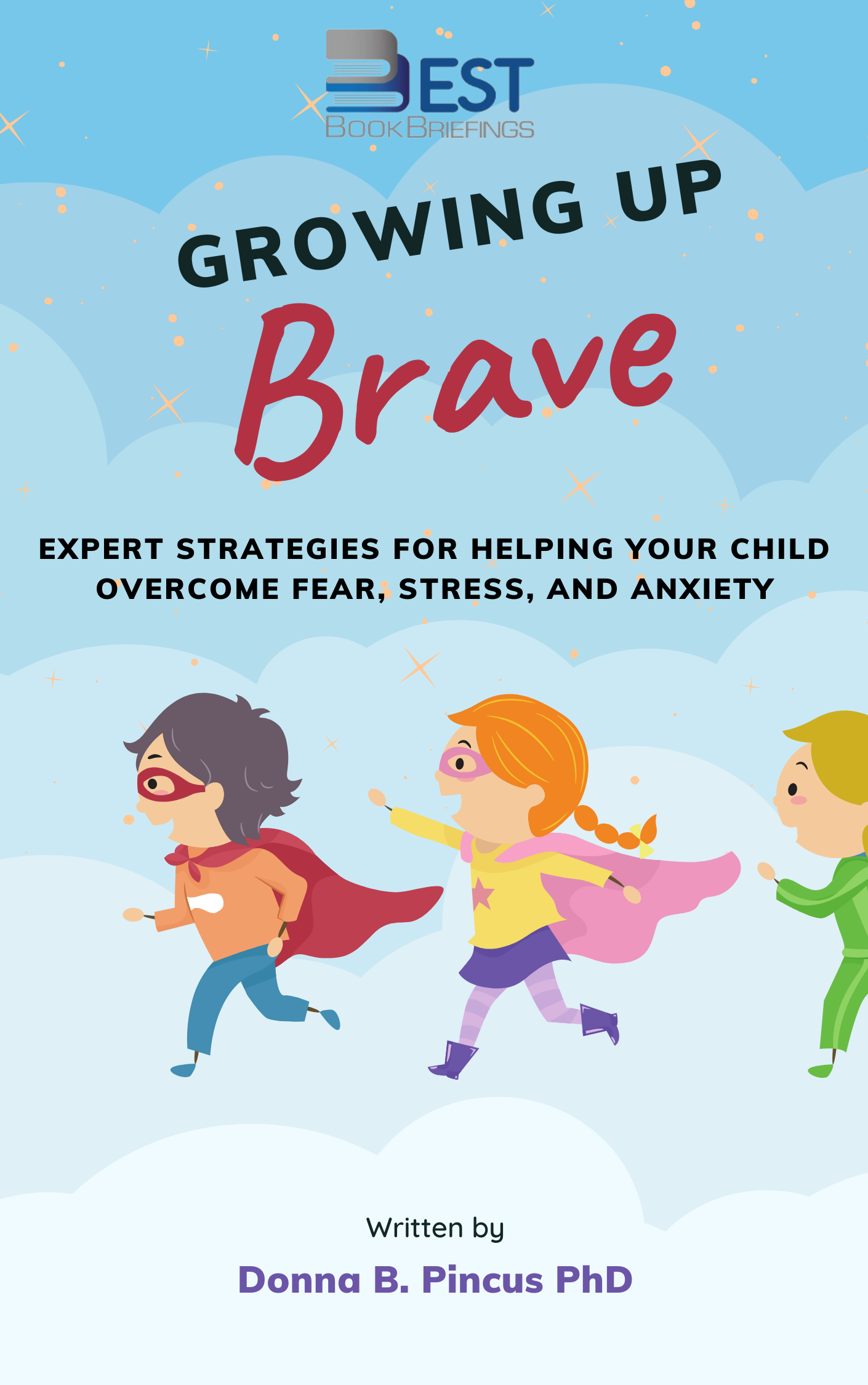Growing Up Brave
Expert Strategies for Helping Your Child Overcome Fear, Stress, and Anxiety
Number of pages: 288
Publisher: Little, Brown Spark
BBB Library: Parenting, Psychology and Strengths
ISBN: 978-0316125604
Editorial Review
Growing Up Brave helps parents identify and understand anxiety in their children, outlines effective and convenient parenting techniques for reducing anxiety, and shows parents how to promote bravery for long-term confidence. From trouble sleeping and separation anxiety to social anxiety or panic attacks, Growing Up Brave provides an essential toolkit for instilling happiness and confidence for childhood and beyond. In Growing Up Brave, we want to share with you this good and hopeful message: · Children with extreme anxiety or anxiety disorders can get better. · We are learning more all the time about what helps a child get better. · Parents—not therapy, not prescription medications—can be the key ingredient in how successfully a child or adolescent begins to approach the world with greater joy and confidence.
Book Reviews
Books on Related Topics

While most parenting books focus on changing the child’s behavior, and yes this book will help you support your child to become his/her very best self, this book dedicates more focuses on for parents’ behaviors. Because you’ll have to manage your own triggers and emotions to effectively coach and connect with

Children are not that different from adults. They want clear and realistic goals, expectations for their futures, and systems that will allow them to arrive at those goals feeling fulfilled and stronger. They also want a voice in setting those goals and expectations for their futures. When children go to a

To parent perfectly is a mirage. There is no ideal parent and no ideal child. The Conscious Parent underscores the challenges that are a natural part of raising a child, fully understanding that, as parents, each of us tries the best we can with the resources we have. Thus, the objective



